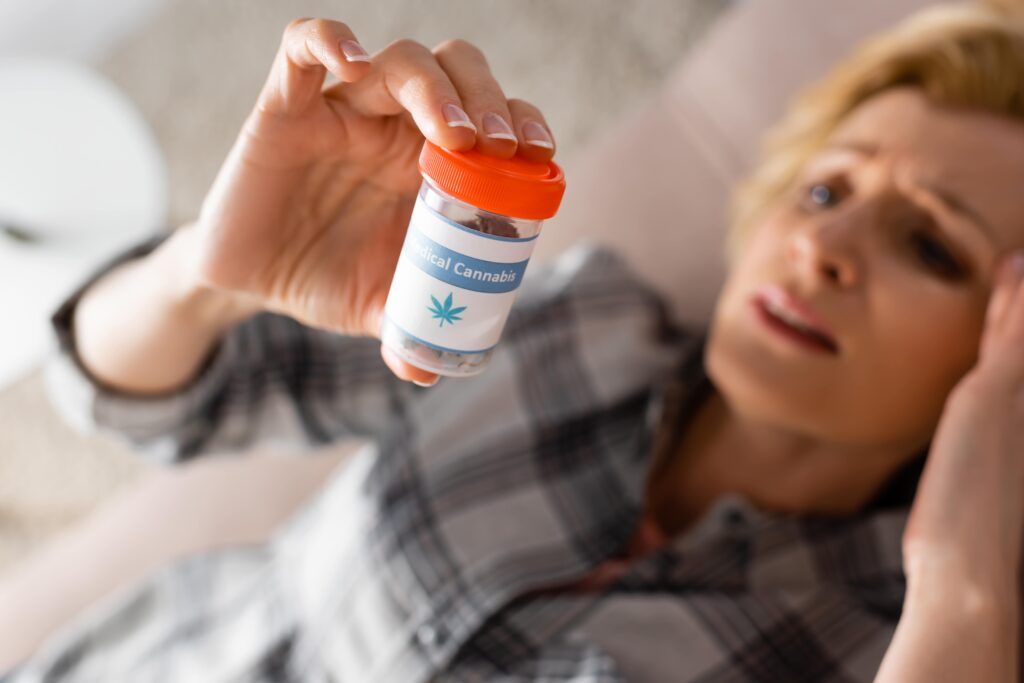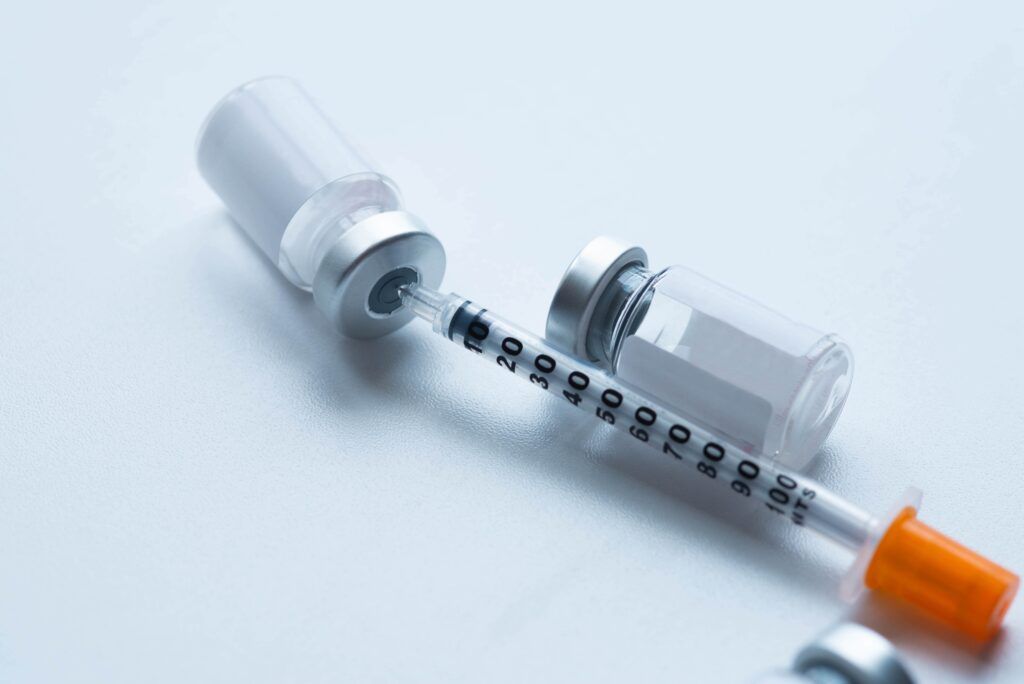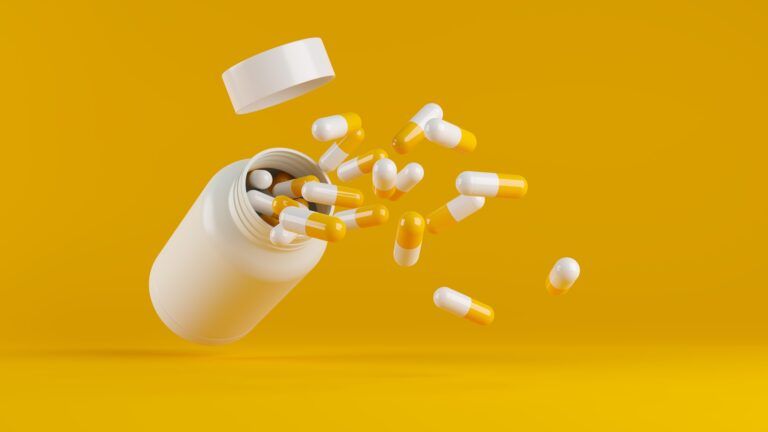Headaches are a common occurrence for many people and can range from mild annoyances to debilitating pain. However, there’s a lesser-known type of headache that can become a vicious cycle, exacerbating the pain it was meant to treat. This condition is called Medication Overuse Headache (MOH), and in this blog, we will explore what MOH is, its causes, symptoms, and most importantly, how it can be treated effectively.
What is Medication Overuse Headache?
Medication Overuse Headache, also known as rebound headache, is a form of chronic headache that occurs when the very medications used to alleviate headache pain end up causing more headaches. It’s a frustrating and counterintuitive cycle that affects millions of people worldwide. Common pain-relief medications that can contribute to MOH include over-the-counter drugs like acetaminophen, ibuprofen, and aspirin, as well as prescription medications like triptans and opioids.
Causes of Medication Overuse Headache:
The exact cause of MOH is not fully understood, but it’s believed to be related to the nervous system and how pain signals are processed in the brain. When pain-relief medications are used too frequently, the brain becomes desensitized to their effects, leading to a rebound effect once the medication wears off. This rebound effect triggers the onset of another headache, leading to a never-ending cycle of medication use and headache recurrence.
Symptoms of Medication Overuse Headache:
The symptoms of MOH can be quite similar to those of other headache types, making it challenging to diagnose. The primary characteristic of MOH is a headache that occurs on 15 or more days per month for at least three months, while taking excessive amounts of medication. Other symptoms may include:
- Increased headache intensity and frequency
- Nausea and vomiting
- Difficulty concentrating
- Fatigue and irritability
- Medication no longer providing relief
Treating Medication Overuse Headache:
Breaking the cycle of Medication Overuse Headache requires a multidimensional approach, involving lifestyle changes, medication adjustments, and professional guidance. Here are some key steps to manage MOH effectively:
Medication Withdrawal:
The first step is to stop the overused medications entirely. However, sudden withdrawal can lead to severe withdrawal symptoms and an increase in headache intensity. Therefore, a healthcare professional will likely design a gradual tapering-off schedule to minimize the risk.
Headache Prevention Medications:
Depending on the individual’s headache pattern and medical history, a healthcare provider may prescribe preventive medications to reduce the frequency and intensity of headaches. These may include beta-blockers, antidepressants, or anti-seizure medications.
Lifestyle Modifications:
Identifying and addressing lifestyle factors that contribute to headaches can be crucial in managing MOH. This may include getting regular sleep, maintaining a consistent sleep schedule, staying hydrated, managing stress through relaxation techniques, and regular exercise.
Alternative Therapies:
Complementary therapies like acupuncture, biofeedback, and mindfulness-based stress reduction have shown promise in reducing headache frequency and improving overall well-being.
Medical Cannabis for Medication Overuse Headaches
Medical cannabis has been studied for its potential role in managing chronic pain and certain types of headaches, which could indirectly impact MOH. Medical cannabis contains compounds called cannabinoids, such as delta-9-tetrahydrocannabinol (THC) and cannabidiol (CBD), which interact with the body’s endocannabinoid system. This system plays a role in pain modulation and inflammation. Some studies have shown that medical cannabis may be effective in reducing pain associated with conditions like migraines, neuropathic pain, and certain types of headaches.
While there is no direct evidence to suggest that medical cannabis specifically treats MOH, its potential analgesic and anti-inflammatory properties could theoretically help manage the underlying headache pain that contributes to MOH. However, it’s essential to note that more research is needed to establish a clear link between medical cannabis and MOH treatment.
With that being said, potential benefits of medical cannabis for treating symptoms of MOH can include:

- Pain Relief: Cannabis contains cannabinoids like THC and CBD, which have demonstrated analgesic properties. They may help alleviate headache pain, which could be beneficial for managing MOH symptoms.
- Anti-inflammatory Effects: Some studies suggest that cannabinoids may possess anti-inflammatory properties, which could be helpful in reducing inflammation associated with headaches and potentially MOH.
- Nausea Reduction: Cannabis has shown antiemetic effects and could potentially alleviate the nausea and vomiting sometimes associated with severe headaches.
- Sleep Improvement: Medical cannabis might help improve sleep quality, which is important for managing headache disorders like MOH.
- Reduced Dependency on Traditional Medications: If medical cannabis proves effective in managing headache symptoms, it could potentially reduce the reliance on other medications that could contribute to MOH.
- Relaxation and Stress Reduction: Cannabis may promote relaxation and stress reduction, which could be beneficial for individuals with chronic headaches.
It is essential to approach medical cannabis use with caution and under the guidance of a healthcare professional due to potential side effects and interactions with other medications. Additionally, medical cannabis is not suitable for everyone, and its legality varies by jurisdiction. Research on medical cannabis for headache disorders is ongoing, and new findings may emerge in the future. Before considering medical cannabis as a treatment option for MOH or any other condition, consult with a healthcare provider who is knowledgeable about medical cannabis and can provide personalized advice based on your individual health profile.
Botox for Medication Overuse Headaches
Botox (botulinum toxin) can also be used as a treatment option for Medication Overuse Headache (MOH), especially when other conventional treatments have failed to provide relief. Botox is commonly known for its cosmetic applications, but it has also been approved by regulatory authorities, such as the U.S. Food and Drug Administration (FDA), for the treatment of chronic migraine headaches.

Botox treatment for MOH involves injecting small amounts of the toxin into specific muscles of the head and neck. The injections work by blocking the release of neurotransmitters involved in pain transmission, which can help reduce headache frequency and intensity. The treatment is typically administered every 12 weeks.
Research and clinical trials have shown that Botox can be an effective option for patients with chronic migraine headaches, and it may also be beneficial for certain individuals with MOH. However, not everyone will respond positively to Botox treatment, and the decision to use it should be made by a qualified healthcare professional after a thorough evaluation of the individual’s medical history and headache pattern.
It’s important to note that Botox treatment for MOH should be considered when other treatment approaches, such as medication withdrawal, lifestyle changes, and preventive medications, have not provided adequate relief. Additionally, as with any medical procedure, Botox injections can have side effects and may not be suitable for everyone. Always consult with a headache specialist or neurologist to determine the most appropriate treatment plan for your specific condition.
In Conclusion:
Medication Overuse Headache is a complex condition that requires careful management and a comprehensive treatment approach. If you find yourself experiencing frequent headaches and suspect MOH, it’s essential to seek guidance from a healthcare professional. By breaking the cycle of medication overuse and adopting healthy lifestyle changes, you can pave the way for better headache management and improved quality of life. Remember, with the right support and strategies, there is hope for finding relief from the grip of Medication Overuse Headache.

Dr. Kashouty, a diplomate of the American Board of Psychiatry and Neurology (ABPN), practices general neurology with fellowship trained specialization in clinical neurophysiology. Dr. Kashouty finds the form and function of the nerves and muscles the most interesting part of neurology, which is what led him to specialize in neurophysiology with more emphasis on neuromuscular conditions. He treats all neurological diseases, but his main focus is to treat and manage headaches, movement disorders and neuromuscular diseases.




